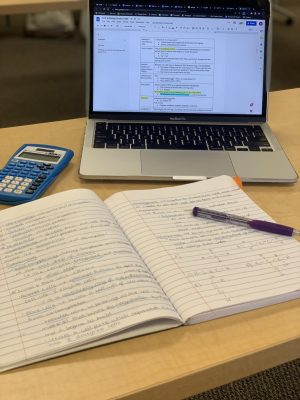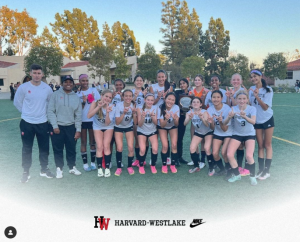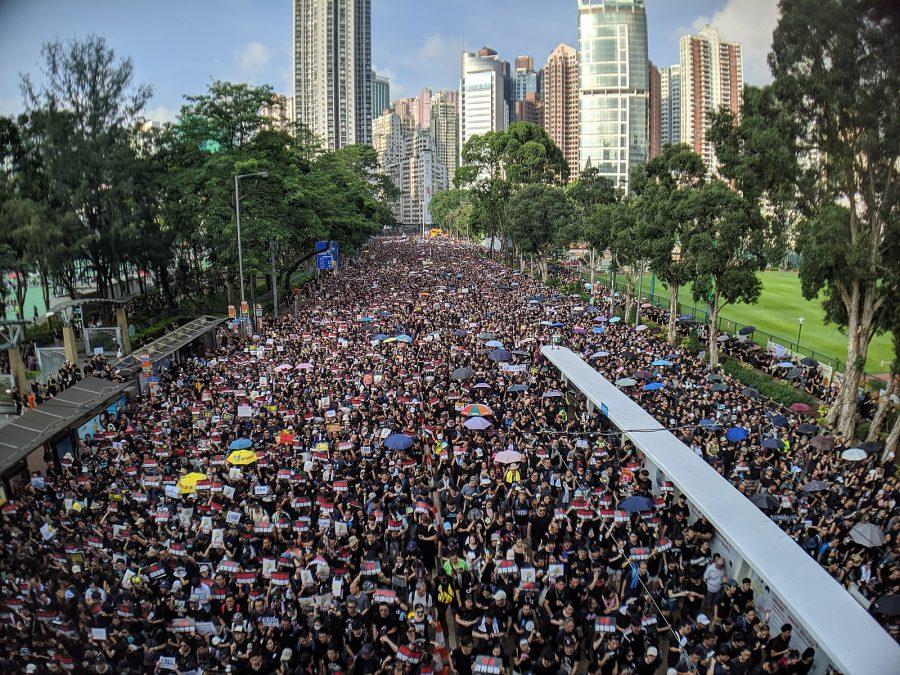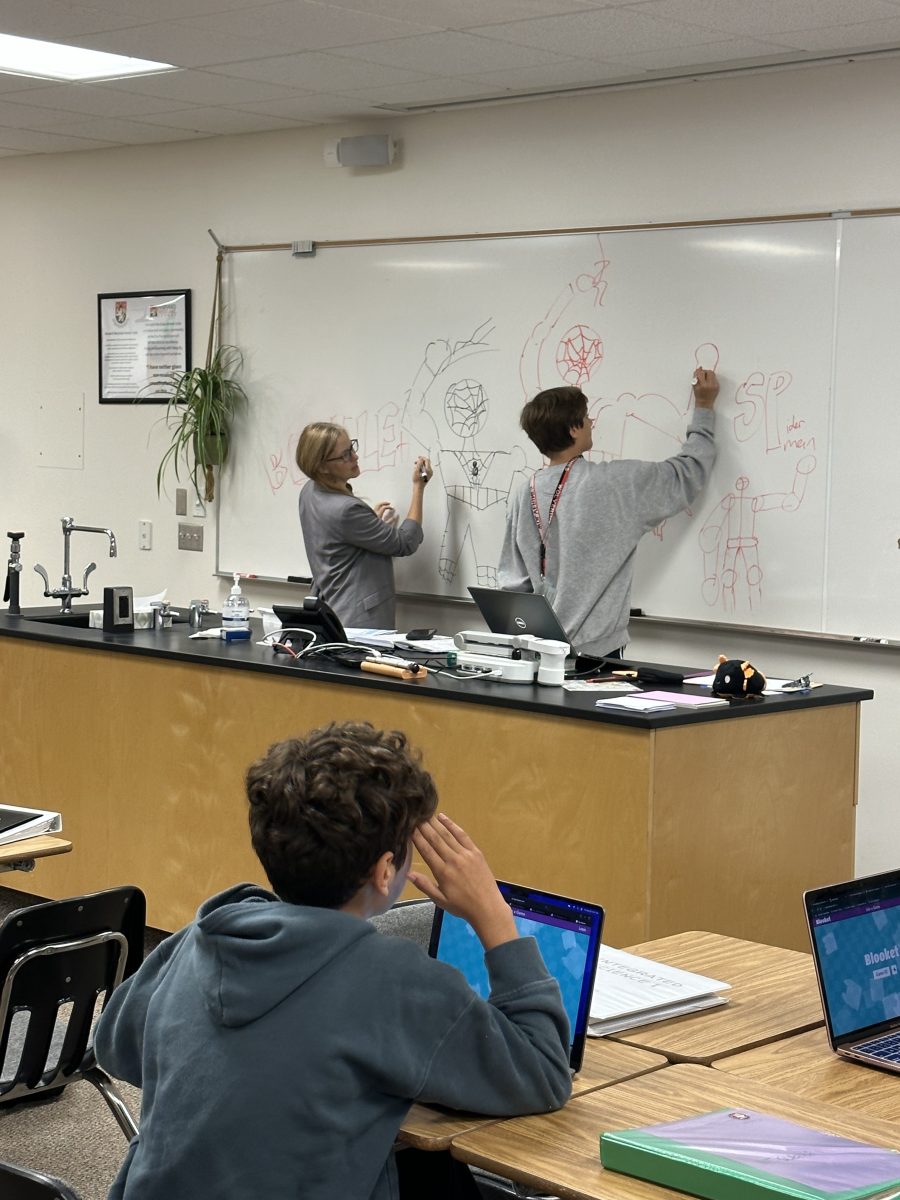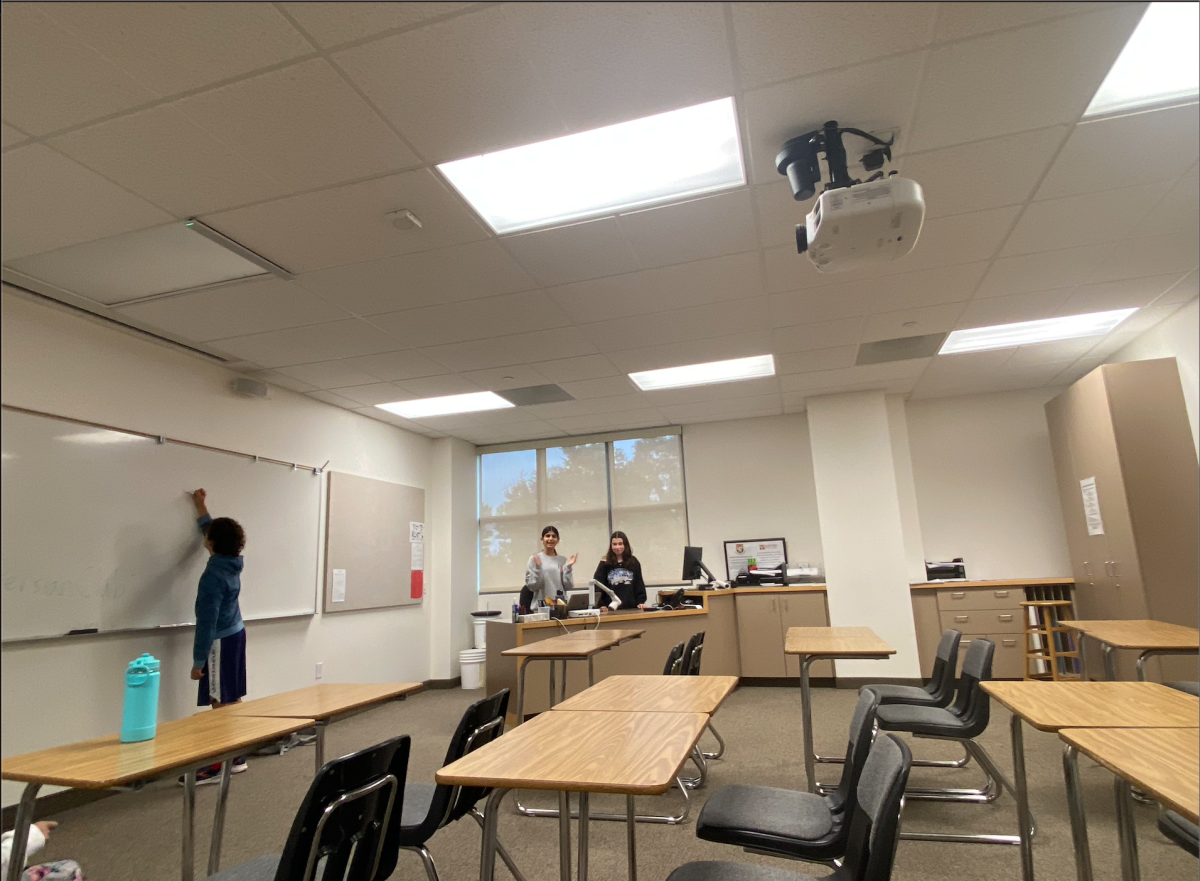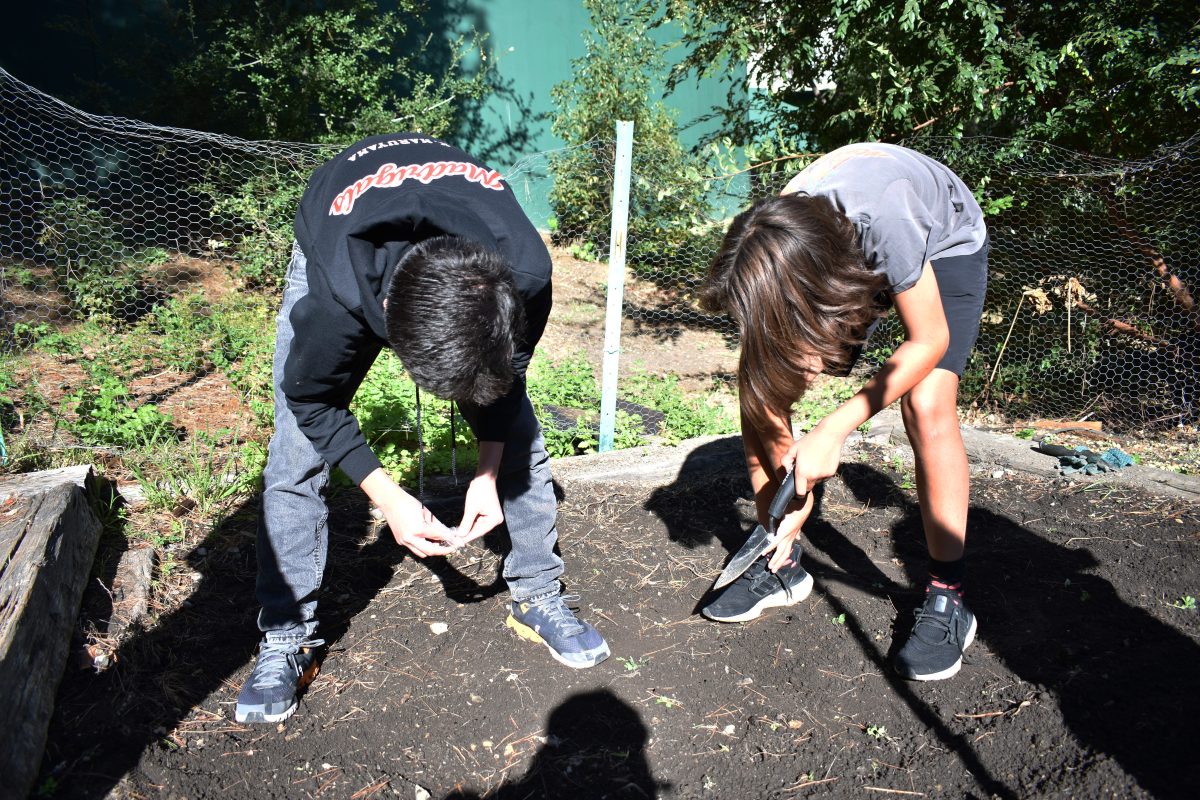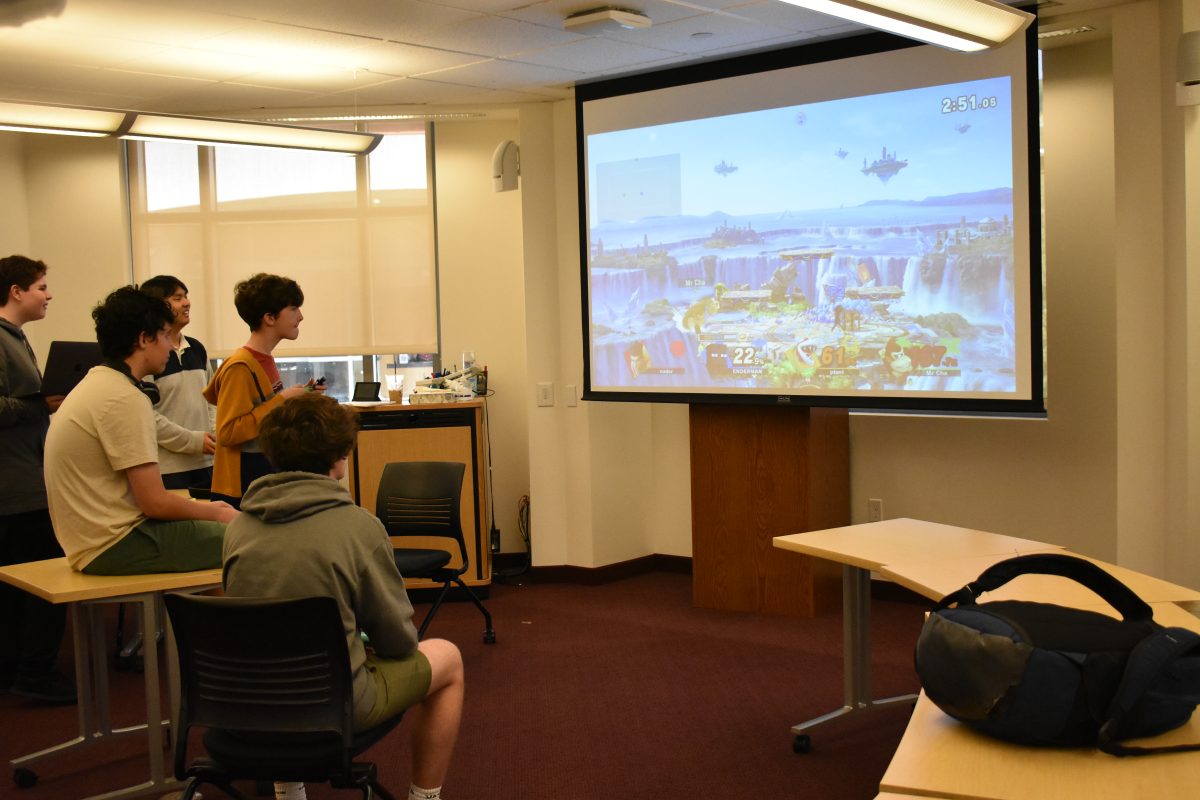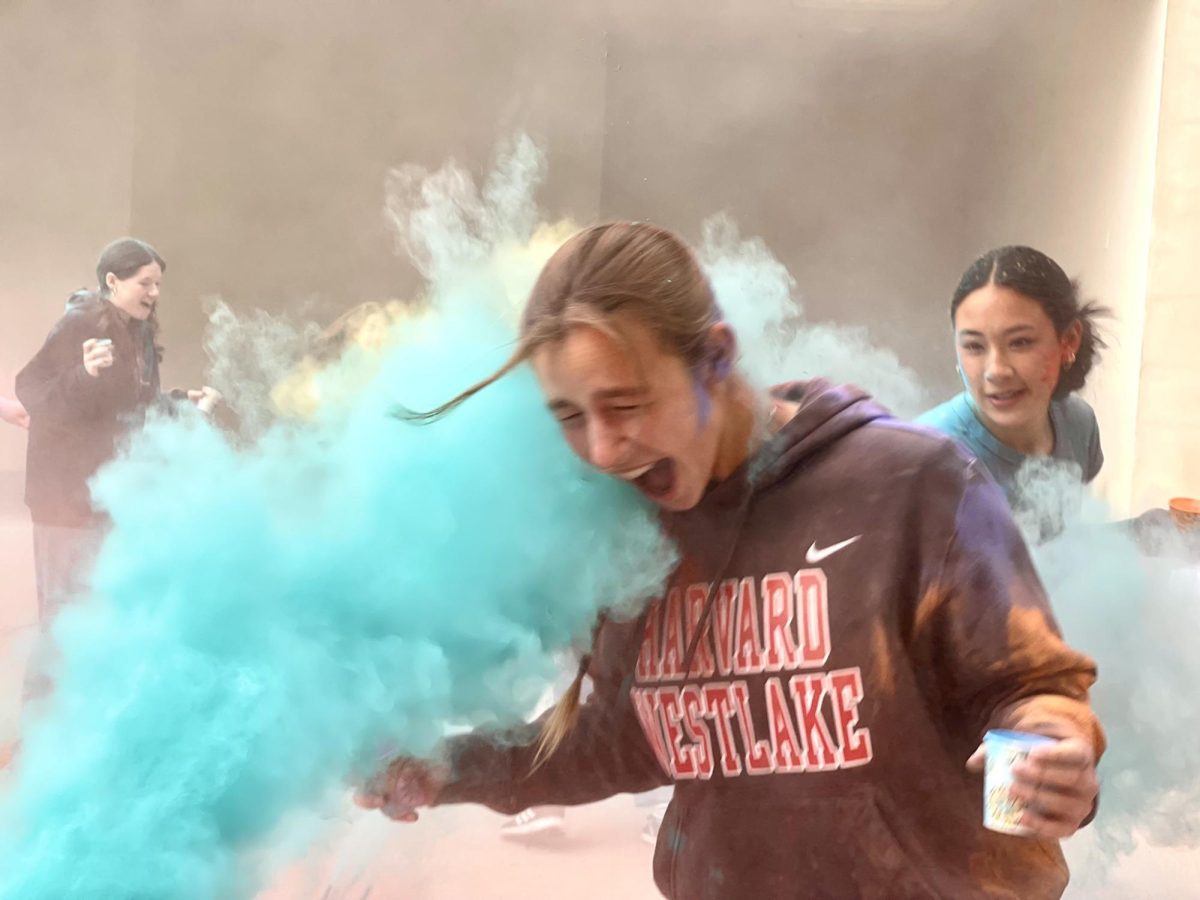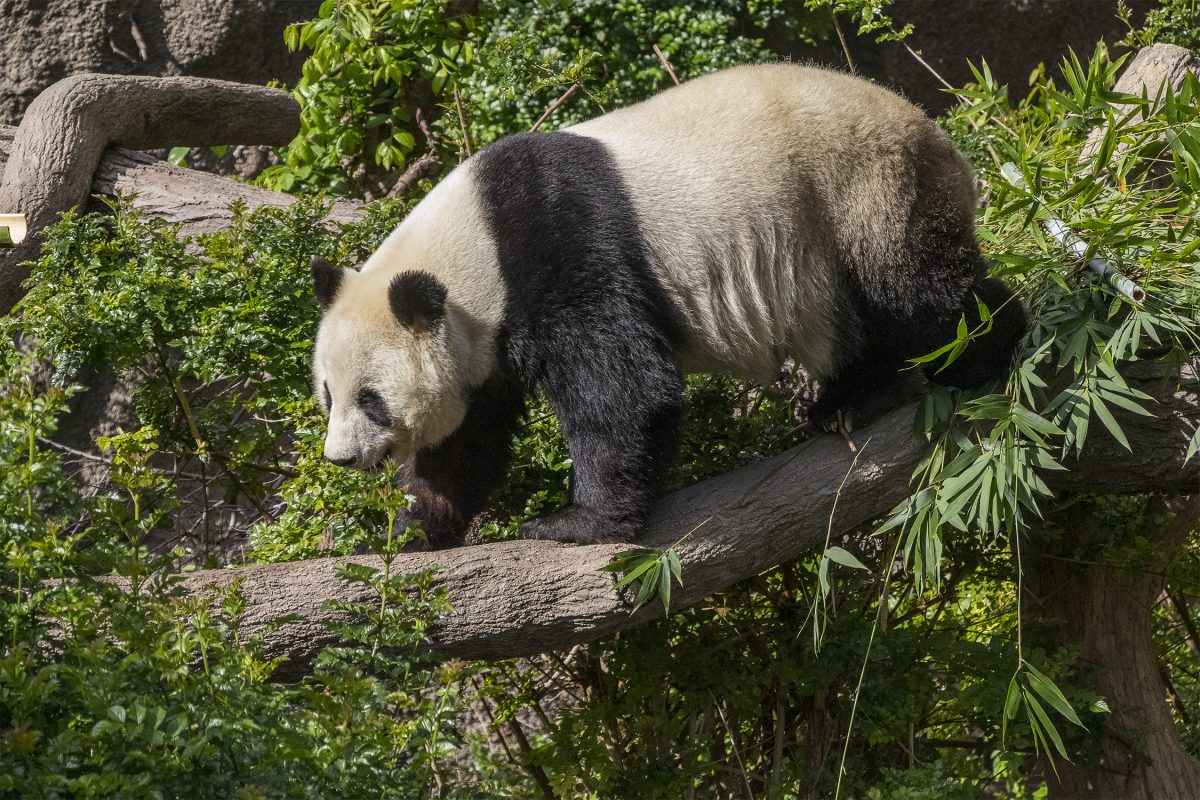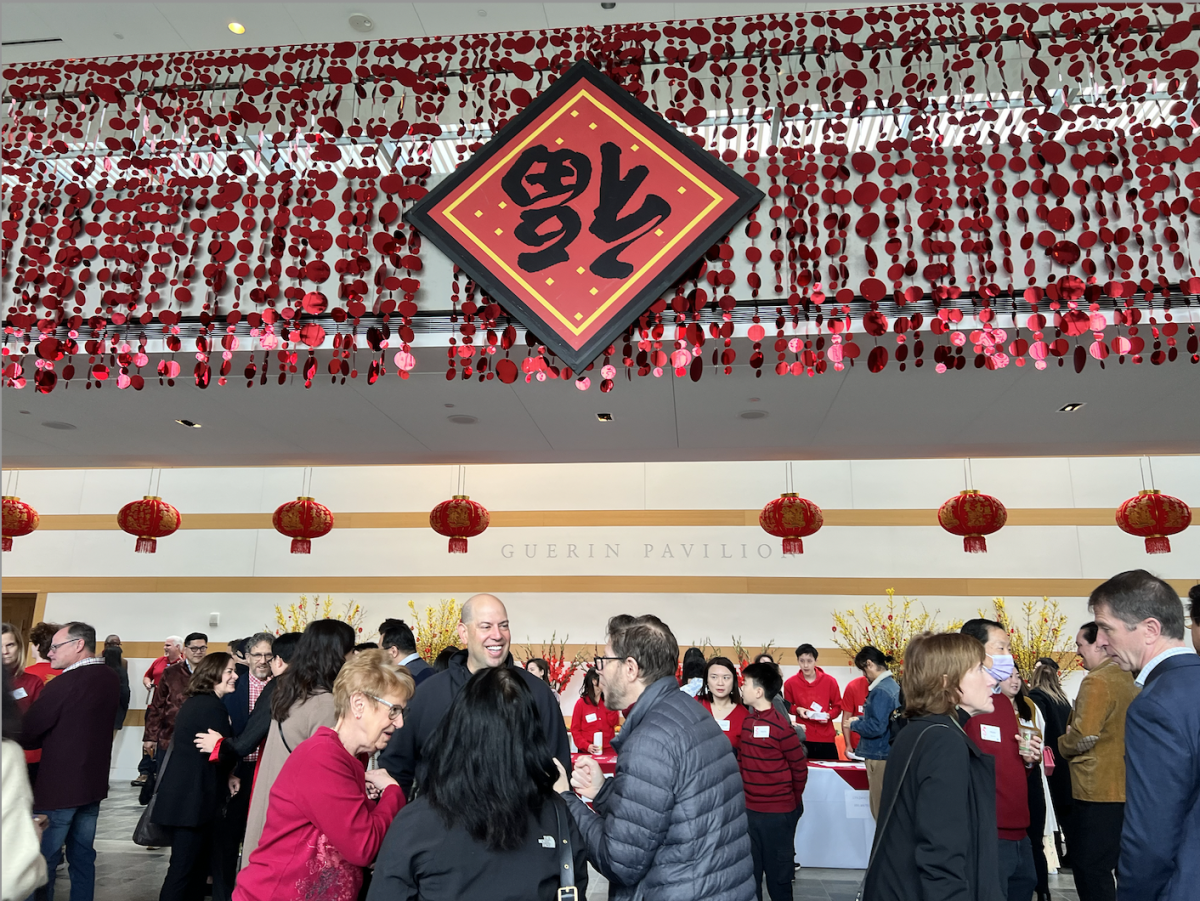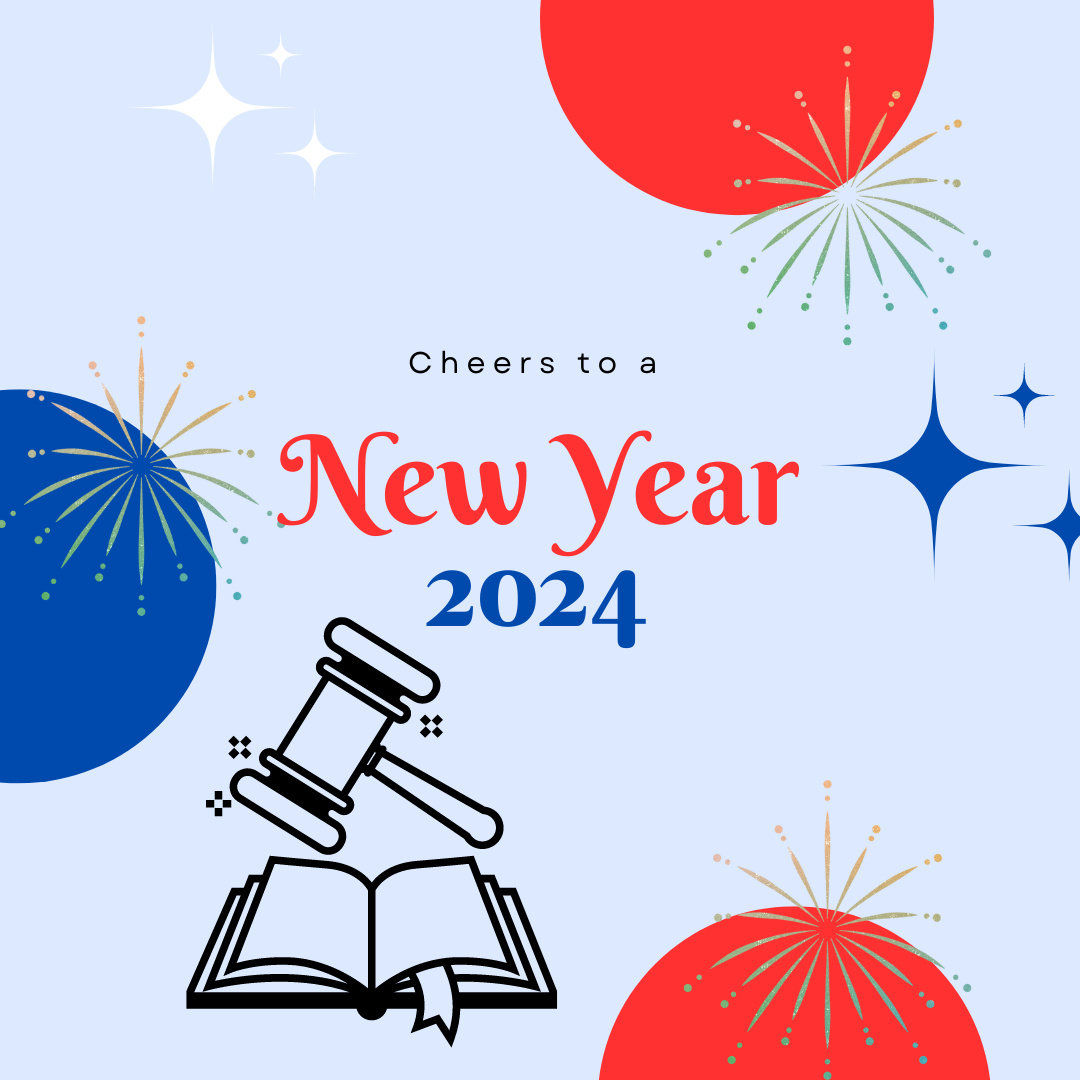Across the pandemic-influenced world of today, many world leaders are seeing support at home drop as protests rise both in numbers and fervent support. Similar to actions carried out by historical leaders, these leaders look for ways to remain in power and rely on threatening tactics to assert control.
Even countries long viewed as stewards of democracy, like the U.S., are seeing the people in power come under heavy fire for what many see as unnecessary, harmful actions taken with regard only for themselves. In some places, the protesters have no legal voice. In others, where they do, the government has brutally cracked down.
Now demands for justice, and sometimes for immense, sweeping change, are echoing in all corners of the globe. But while voices may have gotten louder overall and in some cases bolder, they have been around for a long time.
Though perhaps not currently receiving as much attention as the “height” of the protest, Hong Kong citizens are devoted to their cause: fighting for greater democracy, expanded rights and less dependence on China, who has effectively ruled the “special administrative region” since 1997, the end of long British rule. The official handover document assured the people of 50 years of relative self-governance,yet not all were convinced China would remain, for the most part, hands free.
Last year, Hong Kong’s Security Bureau proposed allowing extraditions of Hongkongers elsewhere, especially to mainland China. Many feared this would allow for residents of the SAR to be taken and prosecuted under the oppressive regime of China. Carrie Lam, the Chief Executive and head of government, warned the public that the bill needed to be passed and spoke in favor of additional national security laws.
Protests erupted, grew in scope, and on June 16, two million marched in favor of greater democracy and independence. The police response was swift, including tear gas, batons, pepper spray and bullets. Today, amid the coronavirus pandemic, protesters continue to be motivated, resorting to sometimes dangerous tactics to make sure their voice is heard.
Protests across Eastern Europe who have pro-democracy demands are taking to the streets in Belarus. They, too, are being pushed back with repressive tactics, which have shifted as the marches have grown.
Belarus was a part of the USSR, and today remains very closely tied to Russia, the world’s largest country by area, who is the country’s largest trading and political partner. A 1998 treaty, after the Union dissolved, outlined equal treatment of citizens between the two countries.
Now, under Russian President Vladimir V. Putin, a former KGB officer , Russia has steadily become more authoritarian. As a marker of the direction of the country, Aleksei Navalny, a prominent anti-corruption activist, and Putin’s largest opposition, was recently poisoned. Experts and commoners alike believe the government had a strong chance of critical involvement in the poisoning. So, for many in Belarus, the idea of having only the same rights as the people of Russia is a scary thought.
However, it certainly is not a far-fetched one. President Alexander Lukashenko has held the Belarusian presidency for 26 straight years–the entire duration of the existence of that office, the longest for any ruling head of state in Europe. He is commonly referred to as “The Last Dictator in Europe,” as the protesters call him, a strongman who will do seemingly whatever it may take to retain his power.
Lukashenko claimed yet another Belarus national election victory on August 9, supposedly winning over 80% of the vote, with the main opposition leader, Svetlana Tikhanovskaya, tallying less than 10%. If the count is upheld, much to the chagrin of demonstrators, Lukashenko would remain in power for at least another five years.
When asked by the official state news agency about the validity of the results, Lukashenko said “We didn’t ask anyone to recognise our elections or not recognise them, to recognise the legitimacy of the newly elected president or not.”
Tikhanovskaya herself only became the candidate after her husband, Sergei Tikhanovsky, was abruptly arrested by the state police in what is seen as a move by the government to eliminate any potential threats. He appears to desperately rely on Russia for support. At first, the president attacked the protests themselves, lashing out at demonstrators with violent tactics, much like those seen many times across the world, like those seen in Beijing’s Tiananmen Square in 1989.
When it became clear to the government the protesters were to remain, Lukashenko went after the leaders themselves.
Leaders have been detained at key moments in the resistance, forced to leave the country, and stripped of political roles and rights. After the re-election win was claimed, Ms. Tikhanovskaya and another prominent female activist, Veronica Tsepkalo both fled the country to avoid arrest. A third, Maria Kolesnikova, was recently kidnapped and driven away in a van. Other leaders have been forcibly moved south to Ukraine by Lukashenko’s forces.
Elsewhere in the world, too, mostly peaceful demonstrators are forcing the government to reckon their power. Thailand has seen just that, with the protests directed both at the longstanding monarchy and the government of the prime minister, Prayuth Chan-ocha. The nation has been overseen by a king of the Chakri dynasty since 1782.
Today, the tenth king, Vajiralongkorn, metaphorically sits atop the throne, though for most of the year, he chooses to reside in Europe. Protestors believe this gesture shows that the monarchy of Thailand does not care for the people.
Yet Thailand’s king is no longer the only source of power. Prime minister Prayuth Chan-ocha is another; the former general seized power in a violent 2014 coup. The Parliament was partially dissolved and the Constitution amended. The government is still a military junta, and almost all cabinet officials are military leaders.
Lése-majesté laws protect the dynasts from criticism. The student-led demonstrations want democracy, a change widely seen as popular but not easy to come by. Yet it remains clear that the younger generation is not going to back down. Asked about the demonstrations, the prime minister said simply “They have to learn to respect the law instead of claiming democracy and human rights.”
In many other nations, people are taking up the same fight. They are asking for, marching for and demanding change. Here in the U.S., people do not have to look far to find it. Amid more killings of Black people in police custody, marchers have taken to the streets in a manner not recently seen, mostly nonviolently. Yet that too has been suppressed by the federal government, coming from the very top. All across the globe, what change will actually happen remains to be seen.
